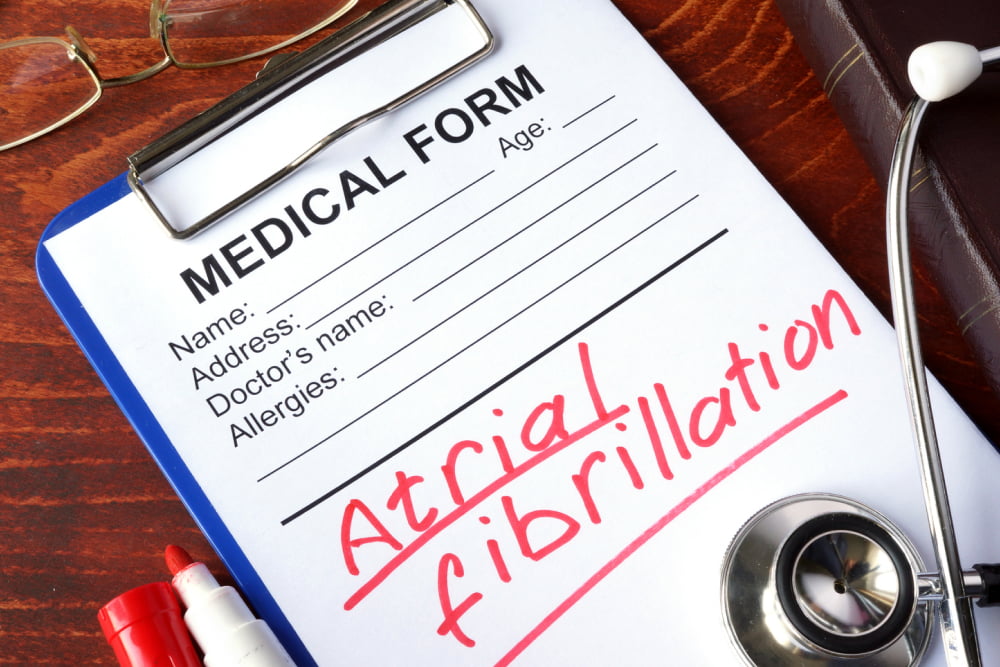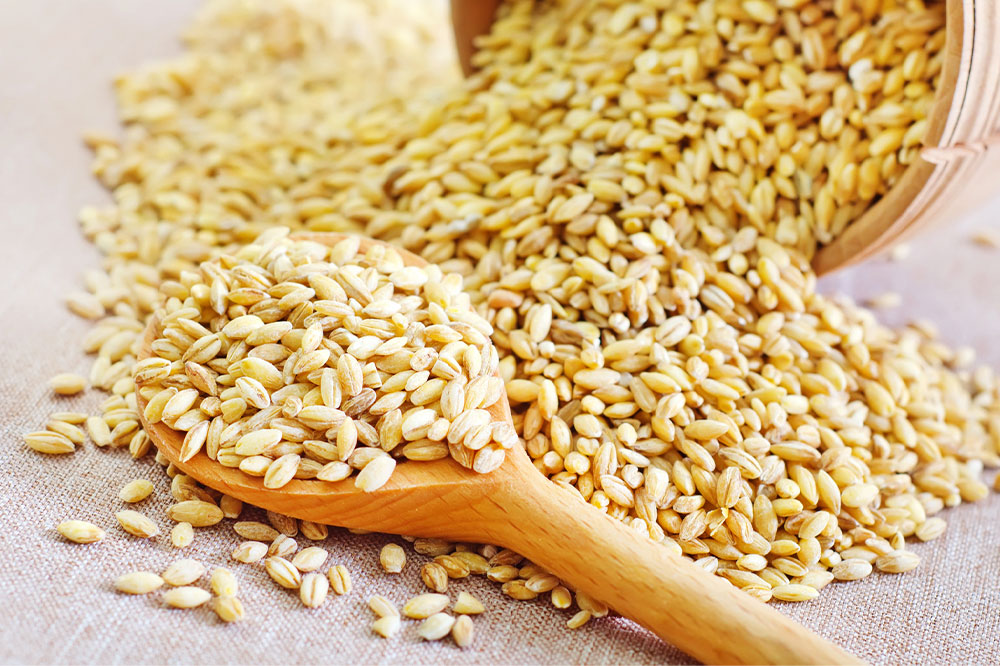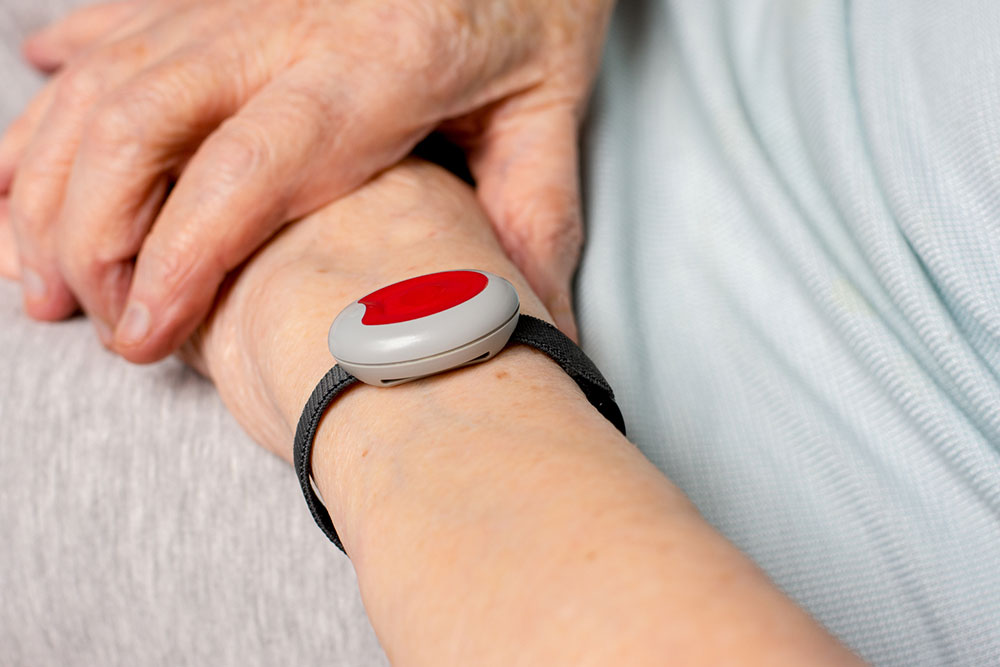8 warning signs of atrial fibrillation

Atrial fibrillation, usually abbreviated as AFib, is a heart rhythm disorder. It occurs when the heart’s upper chambers (called the atria) beat irregularly and out of sync with its lower chambers (the ventricles). While some with the condition may not experience symptoms, others may notice some warning signs. Recognizing these symptoms is crucial because untreated AFib can lead to numerous health complications, like stroke and heart failure. Here are some warning signs for AFib.
Palpitations
One of the most common symptoms of atrial fibrillation is palpitations. Palpitations are a sensation of rapid, irregular, or fluttering heartbeat. People with AFib often describe it as feeling like their heart is racing or pounding in their chest. Palpitations can be occasional or persistent and may last a few seconds or several hours. If one experiences them, it’s essential to consult a healthcare professional for a thorough evaluation because they can be signs of an underlying heart issue, including AFib.
Fatigue and weakness
Feeling excessively tired or weak is another warning sign of AFib. When the heart isn’t pumping blood effectively due to irregular atrial contractions, the body may not receive an adequate supply of oxygen and nutrients. This can lead to persistent fatigue and weakness, making it hard to complete simple daily tasks.







